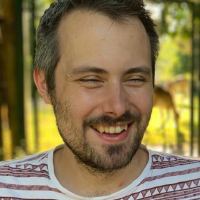About me
I am an assistant professor at Visual Cognitive Systems Lab at Faculty of Computer and Information Science, University of Ljubljana. At the faculty I am involved in Multimedia Systems and Robotics and Computer Perception courses.
My research interests are computer vision, machine learning, remote sensing, and human-computer interaction. I am a co-organizer of the VOT Challenge where we work on systematic visual tracker evaluation.
I also have a personal webpage.
Research
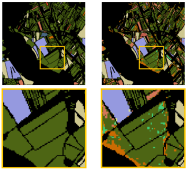
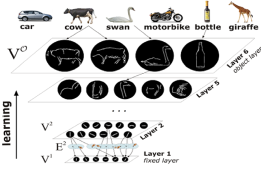
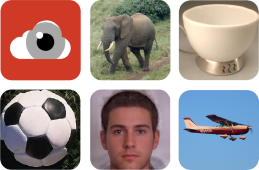
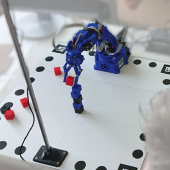
Projects
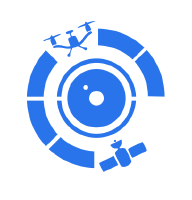
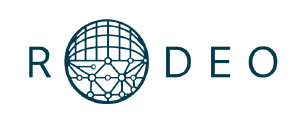
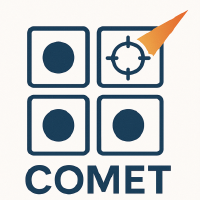
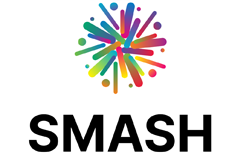
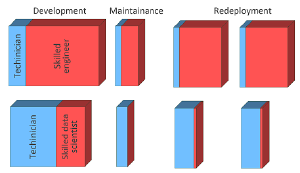
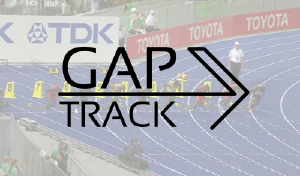

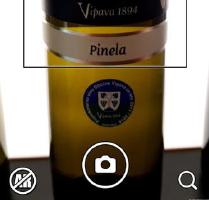
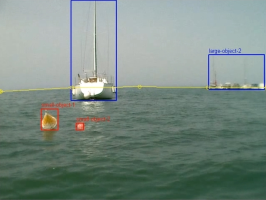
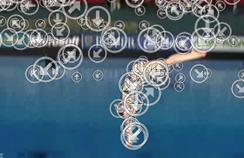
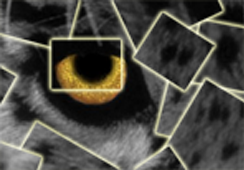
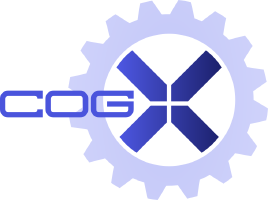
Publications
Resources
vot-toolkit
program
Toolkit to support visual tracking performance evaluation
PixelPipes
library
Infinite data streams for deep learning.
MSKS
program
Schedule and run repeatable taks in Conda environments.
TraX
library
Tracking Exchange protocol reference implementation
echolib
library
A simple and efficient interprocess communication (IPC) library for Linux written in C++11.
